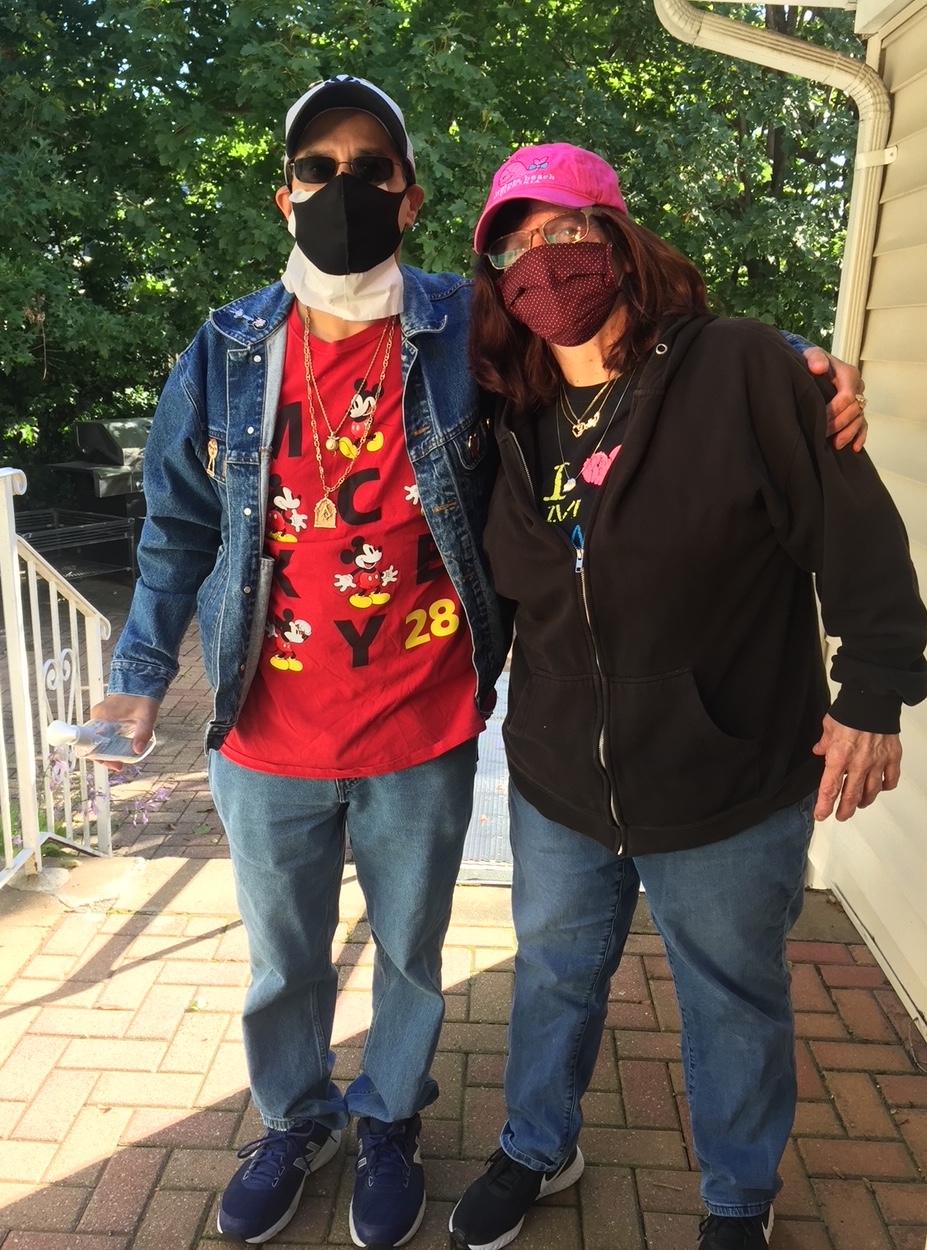People with intellectual and developmental disabilities (I/DD) need to be able to make choices about all aspects of their lives – this includes choices about their sex lives and sexual health.
YAI is a leader in offering sex-positive supports to people with I/DD. It provides holistic services to the community, including training and assessments that identify whether or not a person is able to legally consent.
According to data from the Justice Department, people with I/DD are sexually assaulted at a rate seven times higher than those without disabilities. And among women with intellectual disabilities, it is about 12 times the rate.
“If we do not support the social-sexual development of people with I/DD, then we are failing to provide person-centered services,” said Consuelo Senior, Assistant Director of Training. “We are not helping them to make informed decisions in their social lives and, in fact, we are promoting keeping them in social darkness. We are in essence continuing to deny them the opportunity to experience a basic biogenic need…to love and be loved…safely.”
YAI’s Sexual Rights Advocacy Committee reviews the consent assessments done for each individual by a Behavioral Intervention Specialist and decides if the person has enough knowledge to be consenting. If it is determined they need more information, YAI provides the training and necessary tools to help the person achieve their personal goals.
“I knew an individual who could describe rape to you, but didn’t know that it was called rape,” said Marie Mitchell, a YAI Behavioral Intervention Specialist and member of the Sexual Rights Advocacy Committee. “We went through training with her so she was able to understand what it was called.” Training like this is what YAI hopes will curb future instances of sexual abuse in this vulnerable population.
The sex education program is embedded in YAI’s social curriculum and offered to anyone interested in learning more about their sexual identity or anyone looking to get into romantic relationships that may include a sexual component. The program ensures people have the proper knowledge and training needed to make sound decisions about their sex lives. It provides tools such as videos on various topics such as masturbation, sexually transmitted diseases, and safe sex.

One person who has benefited from YAI’s resources is Dorothy Langdon, a resident at Alan Butger IRA in Queens. Langdon, 57, has lived at the residence for 17 years and currently enjoys a healthy relationship with her boyfriend, Chris Montuori, also 57, of two years. She was non-consenting when she initially moved in and gradually went through the YAI training to become consenting. The staff taught Langdon about intimacy through educational videos they encouraged her to watch under their supervision.
“I like sex education because it helped me and I think it would help other people to be in happy relationships,” Langdon said. “I think I could be a good role model to other people who had questions about it.”
Langdon and Montuori met at an advocacy event in Albany in 2017. Langdon, a YAI Self Advocate in the Queens region was advocating for better pay for direct care staff during her visit there and met
Montuori, also a person YAI supports, at a restaurant. Their tables, she said, were six feet away from each other, and the sparks felt almost instantaneous.
“When I got up and saw him, I said, ‘major babe’ and he said, ‘gorgeous girl, I am going to give her a chance,’” Langdon recalled. The two took it slowly and became friends before starting to date.
“I feel really good in this relationship, it’s very comfortable because he doesn’t take anything too fast and goes at my speed,” said Langdon. “I am consenting and he is consenting, that’s very important. I don’t want to be alone and he doesn’t want to be alone, he makes me feel very wanted.”
In addition, Montuori said despite people’s abilities, companionship should be attainable by all.
“It doesn’t matter if you are disabled or not, anyone can have a relationship.” said Montuori. “From the moment I met Dorothy, I felt a chemistry.”
The couple has managed to make their relationship work despite not seeing each other for most of last year due to the pandemic. They kept in touch through Google Duo and finally had a chance to meet face-to-face earlier this year in Langdon’s backyard. Montuori surprised Langdon with jewelry and a pair of pajamas as a gift.
“Sometimes there is just that need for companionship and affection that is very real, that regardless of the cognitive level, needs to be met as well,” said Mitchell.
Langdon is in no rush but said she hopes to one day marry Montuori and move in together. “I would like to become Dorothy Michelle Langdon Montuori, that sounds nice.”
“Individuals we support might have an intellectual disability but they have the same physical needs as anybody else,” said Mitchell. “Just because intellectually they might have a little less knowledge doesn’t mean they don’t have the feelings and the ability to love and enjoy another person and live life the way anybody else would.”

